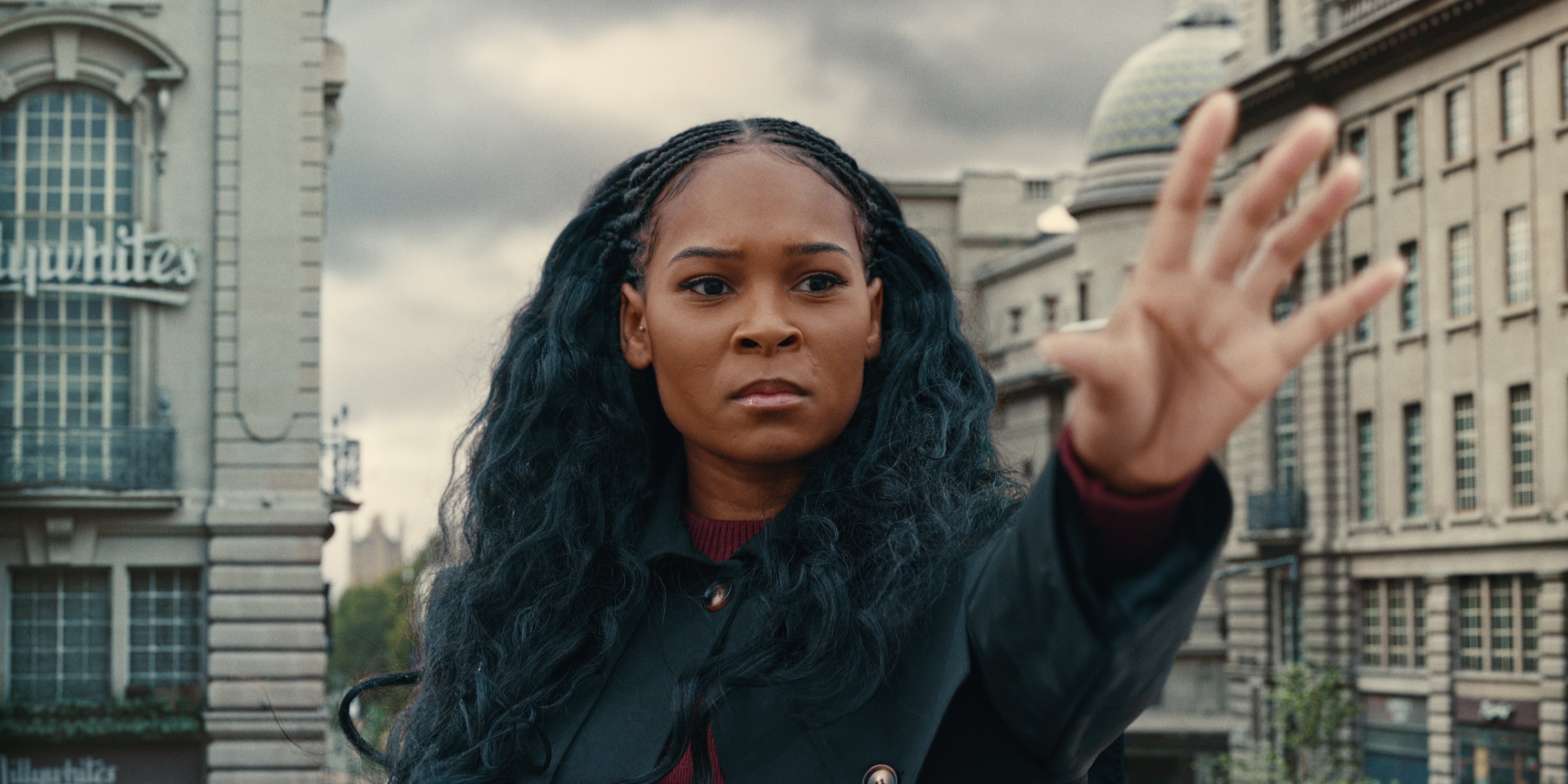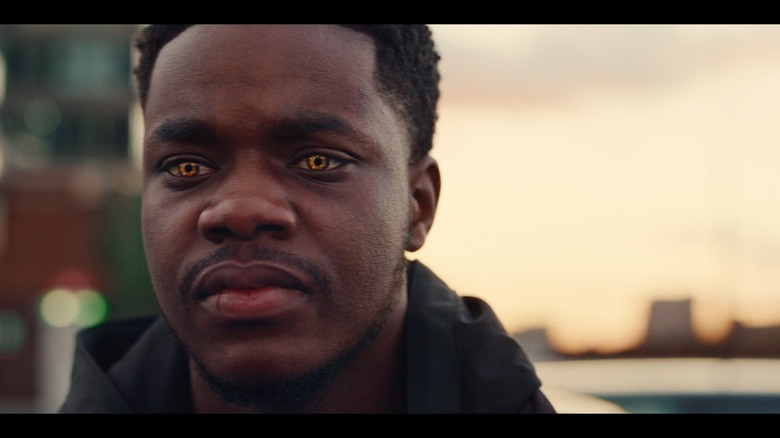Netflix's New Supacell, Which Has A 100% On Rotten Tomatoes, Shows Marvel How It's Done
I've been rather critical of Disney+ for much of the recent past, a feeling that largely stems from the glut of forgettable content emanating from brands like Marvel. The entertainment giant seems to have forgotten how to tell something more than a paint-by-numbers story that's built around two-dimensional superheroes and loads of explosions and special effects. I've generally felt bored and restless during much of Marvel's most recent output — so I was probably primed from the get-go to enjoy something like Netflix's new superhero series Supacell, from British filmmaker Rapman.
The six-episode series is about a group of five ordinary people who develop superpowers like telekinesis and super speed. Pretty standard so far, right? The twist is that they don't seem to have anything in common with each other, but for the fact that they're all Black South Londoners — now we're in refreshingly original narrative territory! Moreover, it comes down to one man who brings them all together in order to save the woman that he loves.
Supacell — which has a perfect 100% critics' score on Rotten Tomatoes as of this writing — is the #2 Netflix series in the US for the moment, just behind a newly released season of Worst Roommate Ever (which absolutely will not stay there). And, honestly, it really feels like the new show is walking proudly and deservedly so through a door that past Netflix series like Top Boy kicked open, given the story here and the Black creatives at the heart of it.

I don't mean to beat the Marvel reference to death, but I'm honestly so tired of superhero stories that spend almost no time on characterization, whereas a show like Supacell is about a group of ordinary people who also, by the way, happen to have superpowers. It's not a perfect show, of course, and some of the storytelling and character choices feel a bit stereotypical, but not so much that the series isn't enjoyable as a whole (at least to a viewer like me).
Supacell, by the way, also isn't afraid to get dark, which I appreciate. The opening scene, for example, depicts a woman in a hospital gown being chased by guards down a corridor. Her eyes flash yellow, she blows a door open — and then is shot to death by the guards, who drag her body past the cells of other prisoners with blood trailing in her wake.
Supacell feels like what you'd get if you took the NBC show Heroes, added in an even darker version of The Boys, and topped it off with an all-Black main cast. I, for one, am hooked.
